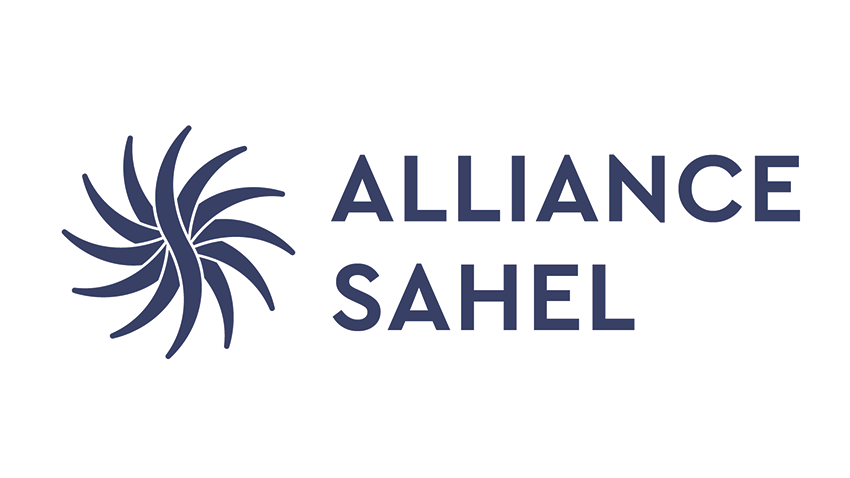Sahel Alliance meets in Berlin for General Assembly Renewed support for crisis-torn Sahel region
Development Minister Svenja Schulze: “The Sahel’s development trajectory will have an impact far beyond the region itself. The challenges are enormous. The region is one of the world’s poorest and has become an epicentre of terrorism. Climate change is aggravating existing conflicts. It would be irresponsible to turn our backs on this region with the youngest population in the world, even if the political backdrop makes cooperation more difficult. So the General Assembly will focus on how we can stay engaged together and adapt to the new situation. In practice, that may mean that in some countries we focus more on local players and non-governmental organisations. Each new job created, each water pipe, each health centre, each training institute can help strike at the root causes of terrorism.”
This year’s Sahel Alliance General Assembly is taking place on 15 and 16 July in Berlin. Some 150 participants from over thirty countries and international organisations are expected to attend. Among them will be EU Commissioner Jutta Urpilainen, Mauritania’s Minister of Economy Abdessalam Ould Mohamed Saleh and Vice President of the World Bank Ousmane Diagana.
Discussion will focus not only on support for the Sahel countries and but also on cross-border cooperation with the neighbouring coastal nations of West Africa. Because terrorist groups are increasingly spreading across the borders into the surrounding countries.
The Alliance’s work in the Sahel is centred on improving the lives of the people there. Its initiatives focus on three main areas: firstly, education and training for more employment; secondly, stronger societies through social protection and food security; and thirdly, better local and decentralised structures to meet the basic needs of all people, including those living far from the capital cities. That means ensuring people have the most fundamental necessities, like water, healthcare, schools and markets.
Over the last few years, the Sahel Alliance has been able to record a number of successes, despite operating in a difficult environment. For example, 22.5 million people have received livelihood support and food assistance through the social protection measures implemented by the members of the Alliance. Some 8 million people now have better access to clean water and more than 5 million children have been vaccinated. And 1.5 million people have benefited from vocational training.
Following the meeting of national representatives, Development Minister Schulze has invited more than 40 representatives of civil society organisations and local authorities from the Sahel to a discussion with members of the Alliance on Tuesday afternoon.
